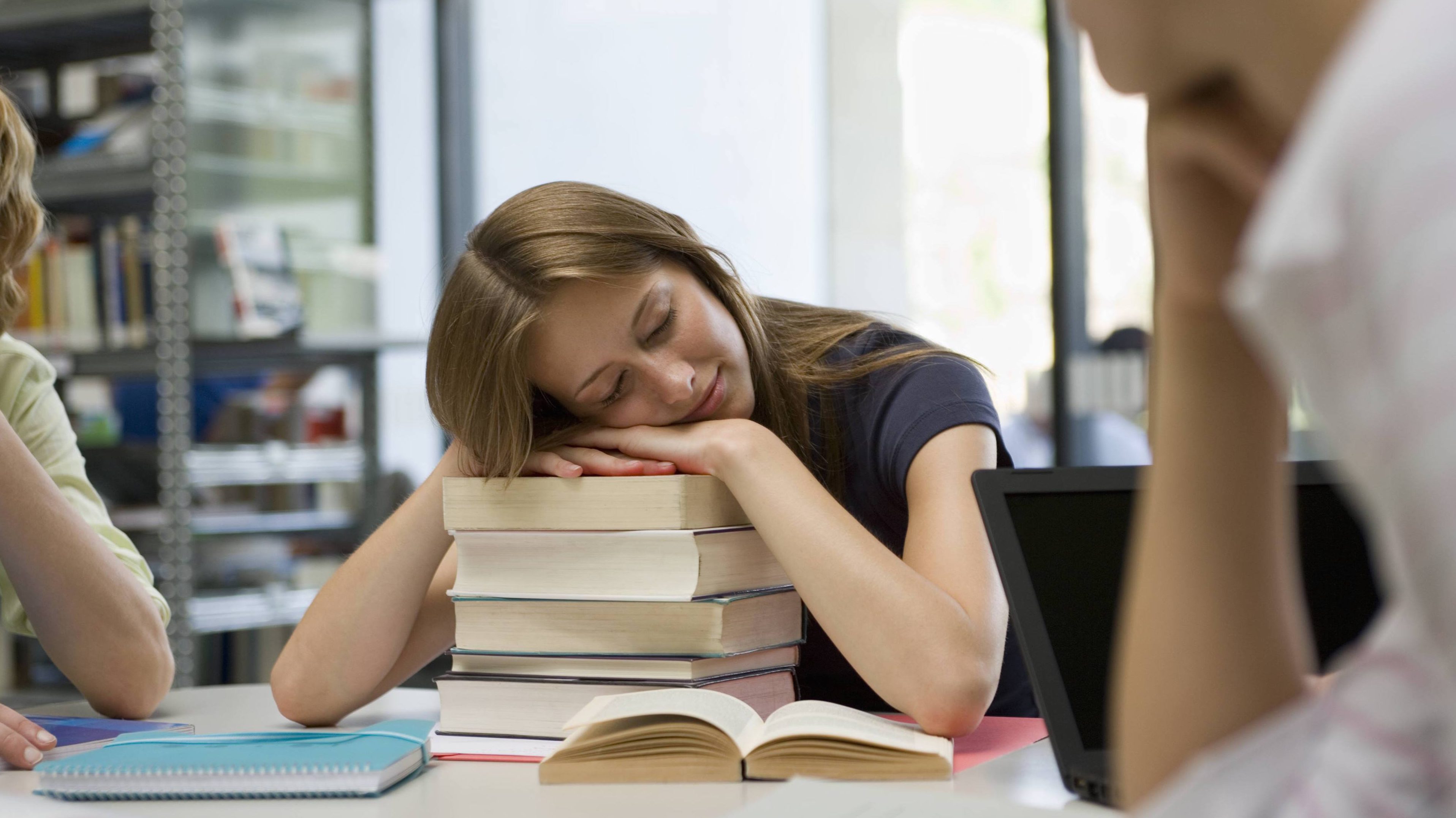Nearly two thirds of Kingston students worry about not getting enough sleep during their time at university, a River survey said.
The River asked 230 students online and in person about their worries and habits when it came to sleeping.
Sleep expert Dr. Neil Stanley said: “Worrying about getting enough sleep is the easiest way of not getting enough sleep, like the Nike advert says, just do it.”
Dr. Stanley said that poor sleep affects memory and learning, and can directly impact your grades. He said that late night studying actually will reduce your grades, and it “is even worse if students cram overnight.”
Sleep psychotherapist Petra Hawker, PhD, who works with students with insomnia, said: “It’s important to keep to a regular bedtime and getting up time, and to keep caffeine intake before 2pm, as it stays in your system a long time.”
Hawker said that all screens, including phones, ipads an TVs, has to be off an hour before bed as the blue light from the screen suppresses melatonin production which we need to sleep.
Second year English literature and publishing student Elle Harvey, 20, struggles with insomnia and sleeps between three to four hours every night.
“I can’t do anything. Sometimes I literally can’t get out of bed because I am so exhausted. I’m tired so I can’t do as much work, and I am short with people,” Harvey said. “It gets me down when I’m super exhausted.”
Harvey has been struggling with insomnia since she was 16, and said it got worse during her first year at university. Her condition has since then improved, and then worsened again. She is not sure exactly what made it worse, but said that stress is usually a factor.
She is aiming to get as much sleep as possible and goes to bed at ten o’clock and gets up at seven. Harvey has been prescribed sleeping pills to help her sleep, but it does not always work. She also drinks tea and reads books to help her get to sleep.
Students who lack sleep over a prolonged period of time can, among other things, notice effects to their mental health, as well as a decrease in their sex drive and be at greater risk of diabetes, according to the NHS.
Almost 68 per cent of students surveyed were aware of the consequences of not getting enough sleep, and 67 per cent were worried about not getting enough sleep, the River survey found.
Psychotherapist Hawker said teenagers and young adults need about nine hours of sleep as “their bodies and brains are still developing.”
“Lack of sleep will eventually lead to difficulties in concentration, focus, ability to learn, irritability and depression,” Hawker said.

